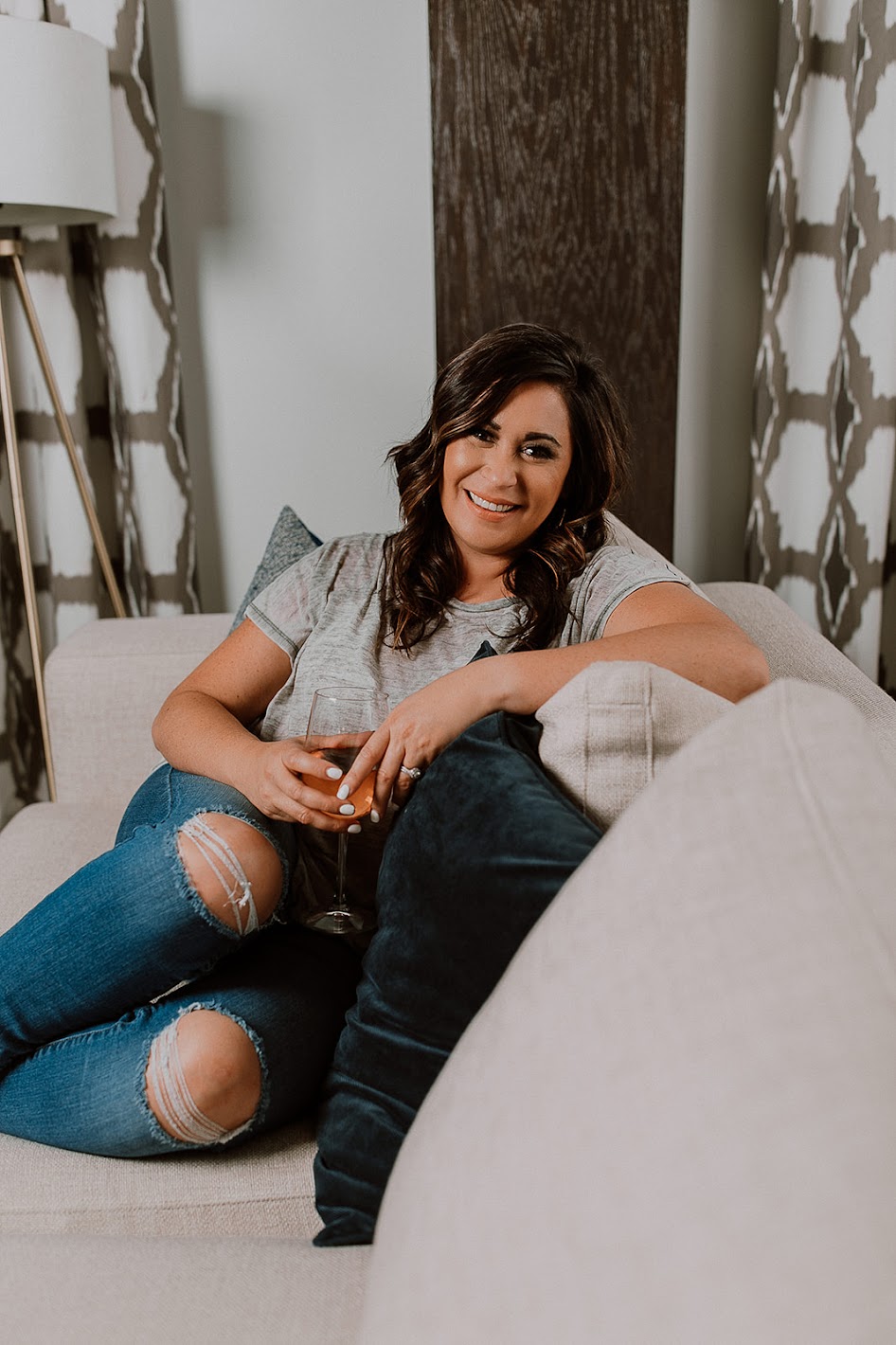 Today we’d like to introduce you to Emily Fessler.
Today we’d like to introduce you to Emily Fessler.
Emily, we appreciate you taking the time to share your story with us today. Where does your story begin?
I always knew I wanted to be a doctor and go into a helping profession ever since I was a small child. However, my young mind had no idea what it would entail.
I started off working with incarcerated sex-offending teens and their families in Alabama and then immediately went into rape crisis work. I also did in-home therapy with teen mothers and their children living in rural Alabama communities. Those years are what I consider “the trenches”–where I was doing some of the hardest and most gut-wrenching work I’ve done as a mental health helper and during a time in which I had the least experience and resources at my disposal. I learned so much at that time, but the most important lesson was that sometimes, being present with someone in their lowest moments is one of the most powerful and fulfilling ways of helping that a person can be privileged to do.
I opened my first private practice in 2012 in a small town in Alabama. I was housed in an OB/GYN office and worked mostly with women and couples. That’s where I started to specialize in working with sex and sexuality. In 2014, I took at faculty position in the Marriage and Family therapy program at the University of Houston Clear Lake, and my family and I moved across the country to Houston. Since being here, I have opened another group private practice, and our clinicians see individuals, couples, and families in the clear lake area.
Would you say it’s been a smooth road, and if not, what are some of the biggest challenges you’ve faced along the way?
Becoming a therapist is almost never a smooth road. There is a poem that I read to all my graduate students on the first day of class, and I read it again at their graduation celebration three years later. Every time, there are tears involved. One of the lines that hits home for me recently is: “Whatever your story, I presume that all clichés aside, you are here for the right reasons To begin a noble career of helping people. I do not, however, presume You know what that means.”
One of the biggest struggles along the way was making mental health care and therapy accessible to people who felt stigmatized to access it. A lot has changed over the past decade, and access to mental health care has been flourishing recently, with Telehealth appointments, and apps where people can access therapists and counselors, and an overall shift in perspective about what it means to seek mental health care. The COVID-19 pandemic also changed the landscape of the mental healthcare industry. Though the changes were abrupt and difficult to navigate, I believe the changes have put into place a structure that will allow greater overall access to mental health care for all moving forward.
We’ve been impressed with Therapy Co., but for folks who might not be as familiar, what can you share with them about what you do and what sets you apart from others?
Right now, I’ve got two different threads that interweave to make up the fabric of my mental health career–one as a mental health practitioner and the other as an educator. I’m tenured professor at University of Houston’s Clear Lake campus in their marriage and family therapy M.A. program. Also, I own and operate Therapy Co., a boutique-style private practice, and I am soon to launch The Collective at Therapy Co., a co-working space for the modern therapist that provides space for therapists to see those few clients that prefer to meet in-person instead of online.
As a professor, I care deeply about my students and helping them to develop into therapist that are going to help their future clients change their lives. One of the things that I am most passionate about is demystifying students’ personal uniqueness that they bring to the table, or what I call the “art” or therapy. Combined with the “science” of therapy that they learn in their classes, each therapist graduates ready to forge a new path and new way of helping people that is uniquely suited to them. In addition, I help students learn about the business of therapy–incorporating the things that they need to know about starting their own private practices throughout their curriculum.
At my private practice, Therapy Co., we pride ourselves in being “not your typical psychotherapists”–a phrase coined by my amazing friend, mentor, and all-around badass, Ernesto Segismundo. As the founder of Therapy Co., I’ve built a practice for the way that I want to practice. I’m lucky because every morning when I open my eyes, I look forward to the day ahead; I love my job, I work with clients that are well-suited to my skill set, and I’m good at what I do. After years of working in the trenches of mental health, I am so happy to work with people in the exact ways that I want to.
A new venture that I am starting is a passion project called “The Collective at Therapy Co.” The goal of the collective is to have high-end, comfortable therapist office space at an affordable rate for therapists that only need access a few hours a week. Since the beginning of the COVID-19 pandemic, many, many people (clients and therapists alike) prefer to have virtual Telehealth sessions instead of schlepping all the way to their/their therapist’s office across town. However, there are still a few people–like me– that want to go into an office. The collective is for those people. Therapists can access a turnkey, high-end private practice space in four-hour blocks for one all-in fee on a month-to-month basis. And, if you only need an hour a couple of times a week or a month, we will have monthly memberships that give therapists access to office space on an as-needed basis.
Do you have recommendations for books, apps, blogs, etc.?
This is such a cool time to be alive, seriously! There are so many great resources out there that are so easily accessible through our phones or laptops. Some of my favorite books that I recommend all the time in my practice are: Come as you are by Emily Nagowski–hands down, the best book out there for female sexuality. I also really like the 80/80 marriage by married-to-each-other psychologists Kaley and Nate Klemp. If you’ve got some infidelity stuff going on in your life or relationship, then the State of Affairs by Esther Perel is key and applicable across generations more than any other book I’ve come across. Last year, I was a guest on the Psychologists Podcasts, and I got to talk about my favorite topics–sex and relationships–, and I gave an overview of what I call the “5 things.” If I ever give a TED talk or write a book, it’ll be about the “5 things” to do to make your relationship better, now and forever. You can check it out on audible: https://www.audible.com/pd/Sex-and-Relationships-with-Dr-Emily-Fessler-Podcast/B09XFMG5M3?ref=a_pd_item-n_c0_lAsin_0_6&pf_rd_p=1da7ab30-c785-4a0e-a160-4a7e7077b353&pf_rd_r=8RZB08RN1S1QFQDATAGE&pageLoadId=vUVKDKQTPuBCL2TX&creativeId=79e1dbf9-3e12-44b1-87b8-52bfb30eff7b
Pricing:
- Sessions $200
Contact Info:
- Website: therapyco.net
- Instagram: @thefullemilyexperience
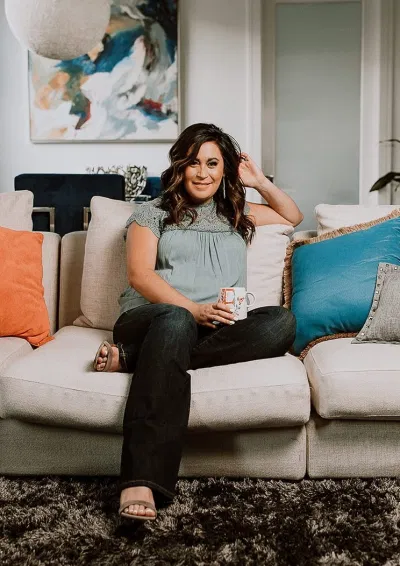
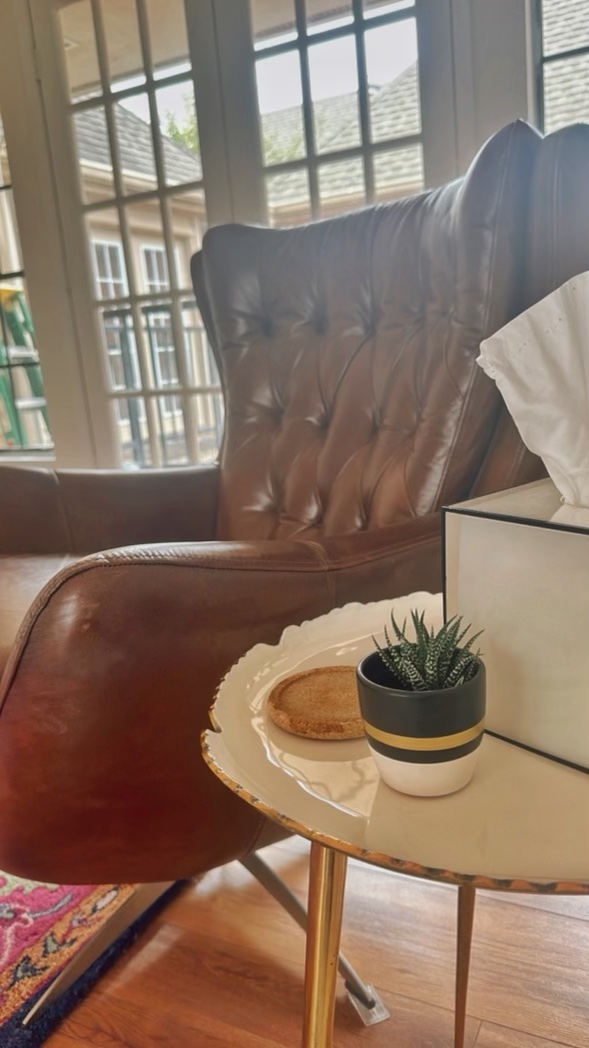
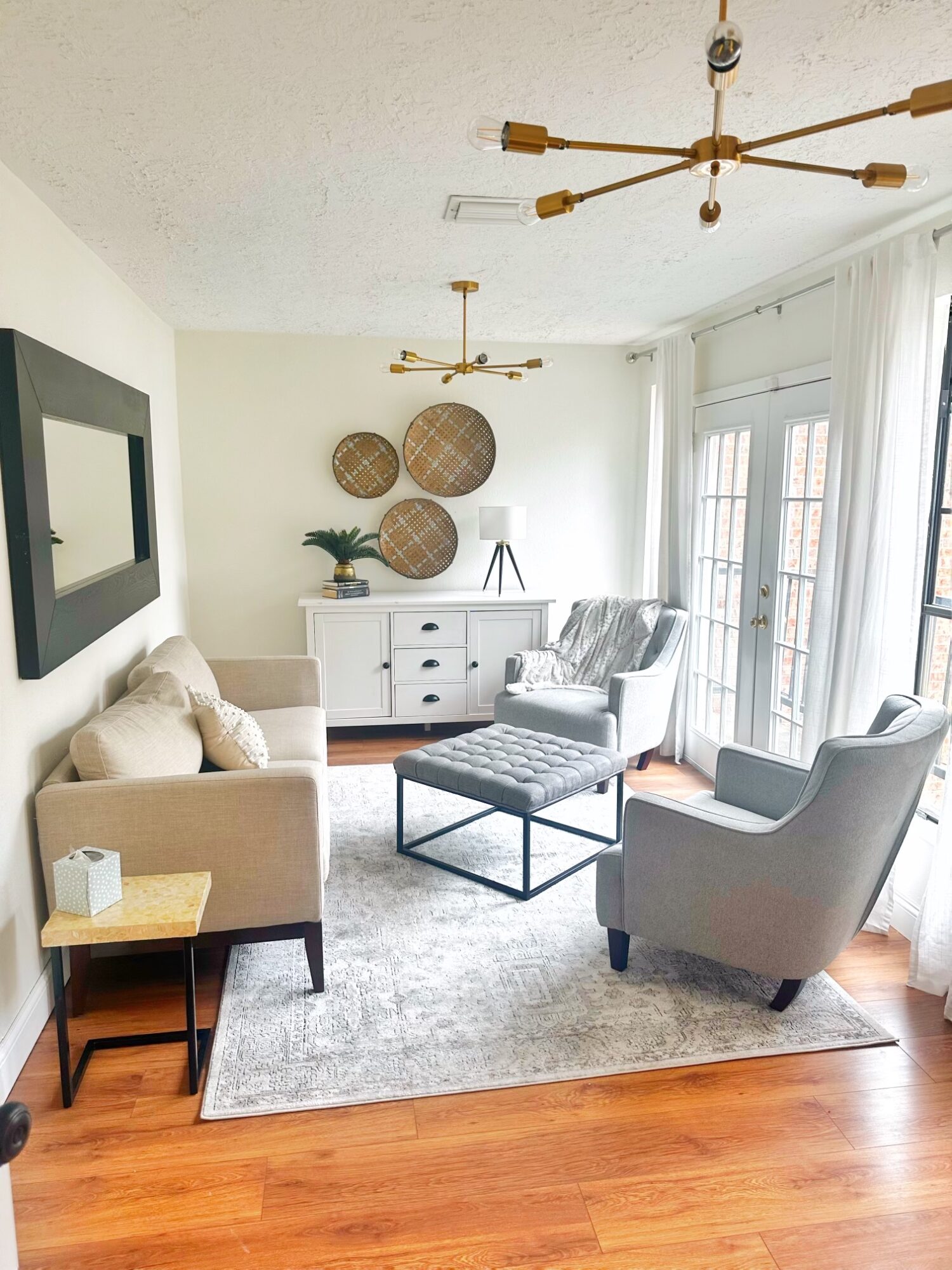
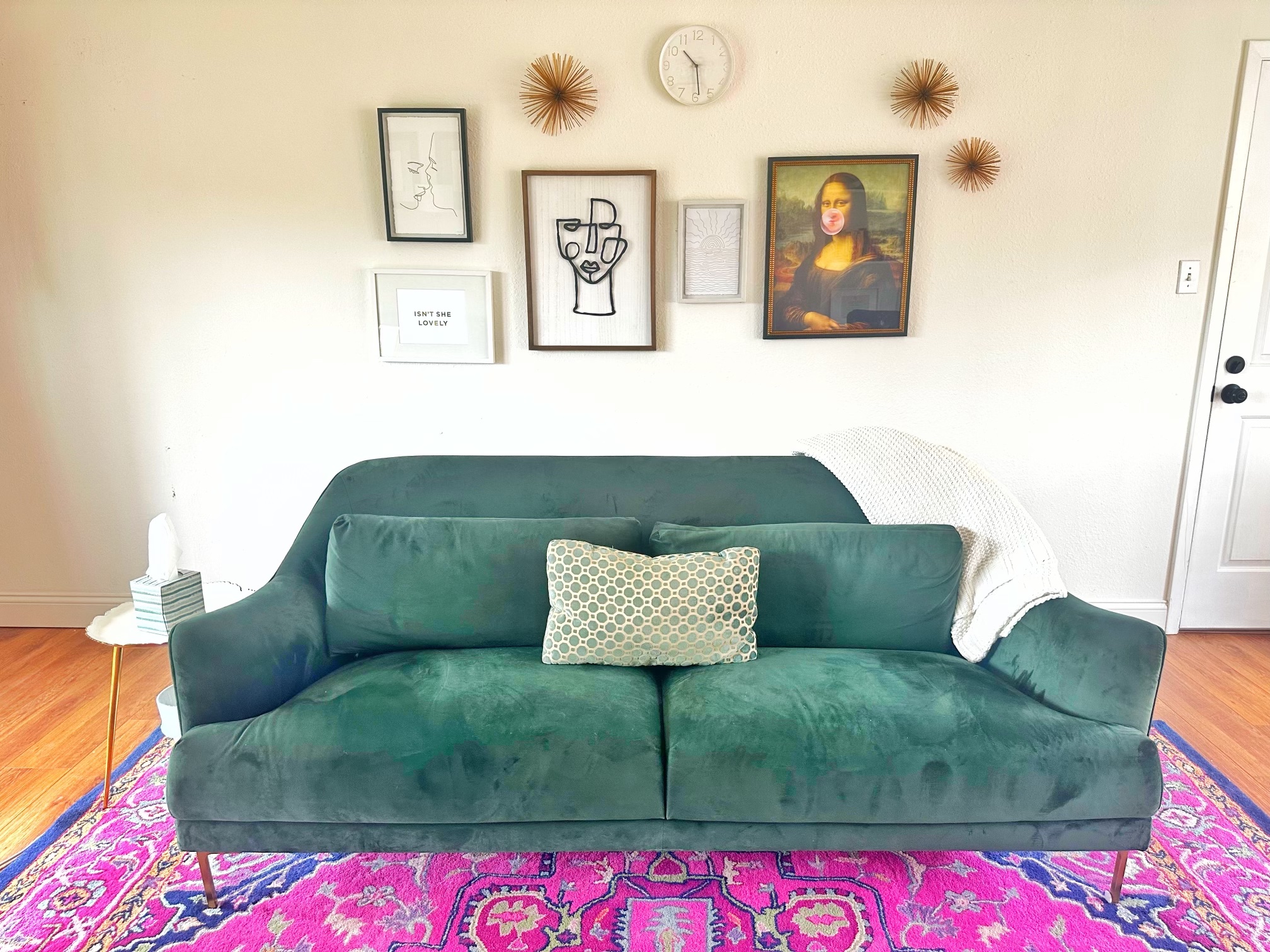
Image Credits
Hannah Hix Photo










